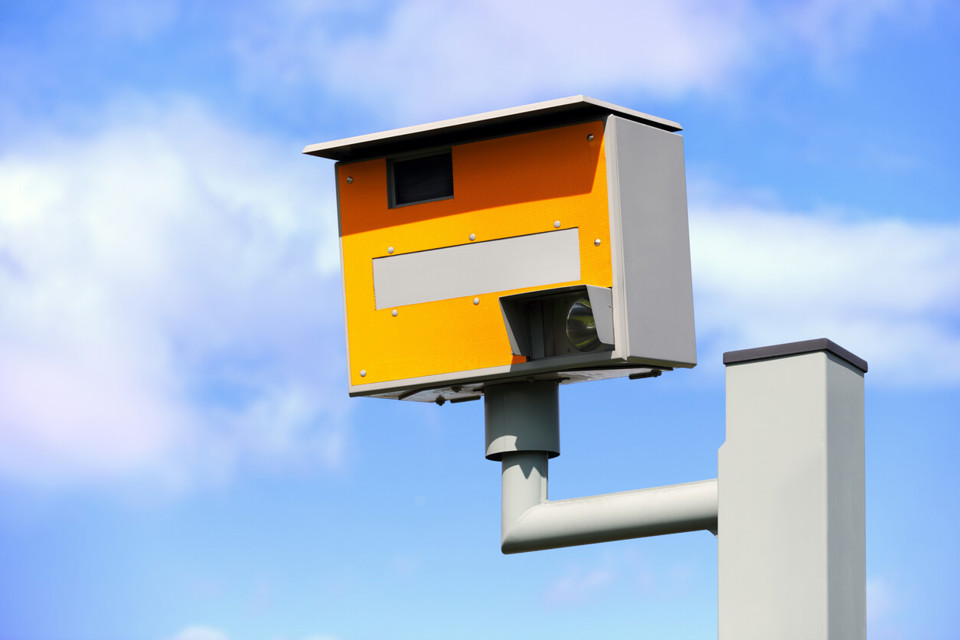Over half of Britain’s high-mileage drivers think that raising money is the primary aim of speed cameras, and only a quarter think that speed cameras are used at sites with a bad record of crashes and injuries, according to Public Opinions of Speed Cameras, the latest research report from road safety charity the IAM.
From the survey as a whole, support for speed cameras is very high, at 79 per cent, but high-mileage drivers are the least supportive with 70 per cent approval.
High-mileage drivers are the most supportive of speed awareness courses as an alternative to prosecution with 77 per cent approval. The average level of support from all drivers is 70 per cent. But they are less supportive of plans to use the revenue from such courses to fund cameras – 38 per cent of high-mileage drivers approve of using revenue from courses for this (48 per cent for all respondents) and 42 per cent actively disagree (34 per cent for all respondents).
Eighty-one per cent of all respondents and 79 per cent of high-mileage drivers think that speed cameras have contributed to falling road death rates over the past decade. But support from high-mileage drivers is not as strong as with other groups, with a lot of this support consisting of ‘speed cameras help a little’. They are also the least likely to think that injuries would go up if cameras in their area were switched off to save money, and the most likely to think that they’d stay the same.
IAM Drive & Survive head of training Simon Elstow said: “Many commercial drivers question the aims and deployment of speed cameras and much more work needs to be done to dispel their negative perceptions.
“It is reassuring to discover that so many high-mileage drivers recognise that training is the best solution to bad driving. These results show how seriously they take road safety.”
“Whatever people’s feelings are on speed cameras, we encourage everybody to respect the limits. Travelling at the right speed protects you and other road users and gives you extra time to react to unexpected hazards.”

















Login to comment
Comments
No comments have been made yet.